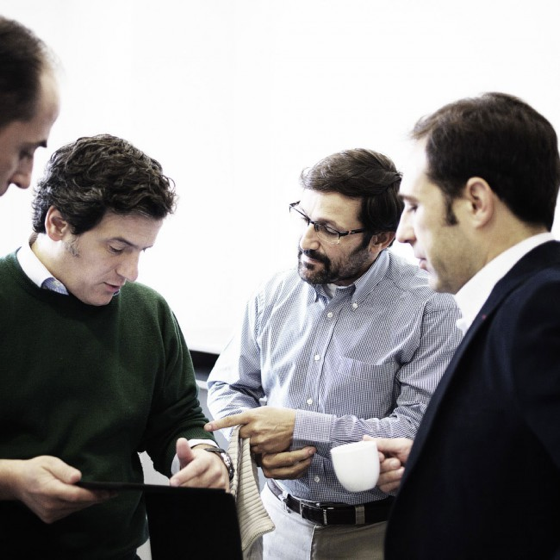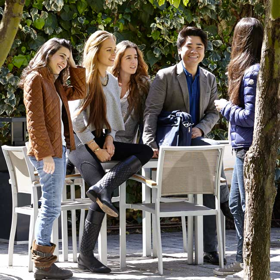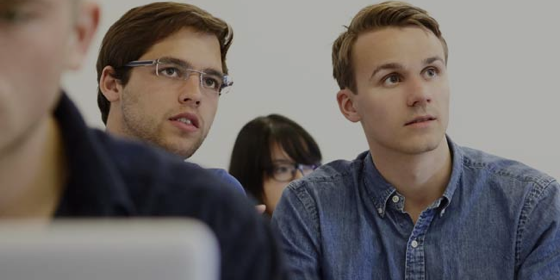Conflict Prevention: The good, the bad and the long term
This Master Class will focus on understanding the different means to conflict prevention in the context of intra-state armed conflicts.
Conflict prevention addresses a wide range of aspects that relate to the causes of conflict, how these were formed in the first place and how they evolved eventually. As we will see, conflict prevention can take place throughout the different phases of the conflict cycle. Once we have unpacked the conflict cycle, we will look into how conflict prevention is implemented at (i) a deep/structural level in order to address long-term issues; (ii) at a more superficial/operational level as a means of ‘preventive diplomacy’. The concept of early warning is also very much part of preventing conflict prior to the actual outbreak of violence or in the case of potential conflict recurrence, which is not uncommon, as we will address. We will seek to understand the challenges faced by attempts at early warning and to what extent this kind of initiatives have actually worked. For the purpose of fully understanding conflict prevention, we will identify the actors that are currently operating in the field ranging from the United Nations to regional and local organizations, including NGOs and civil society organizations (CSOs). The wide range of actors operating on the ground adds to the complexity of these scenarios. In order to better understand the key concepts that we have addressed, we will end by looking into a number of case studies throughout different regions of the world where attempts at conflict prevention are considered to have been either successful or a failure. You are welcome to ask questions throughout the Master Class, the idea is to make the session as interactive as possible!
Amaia Sánchez is a graduate of Georgetown University and completed her PhD at the Politics and International Studies Department of the School of Oriental & African Studies (SOAS), University of London. Her PhD research was focused on the role of external third parties in domestic conflict resolution processes using the 2002-06 Peace Process in Sri Lanka as a case study. The latter culminated in her first book Building States, Building Peace: Global and Regional Involvement in Sri Lanka and Myanmar (Basingstoke, UK: Palgrave Macmillan, 2014). Her current research interests lie on the foreign policy of emerging and recently emerged countries in global governance regimes, with a regional focus on Asia. She has previously taught on International Security at SOAS, University of London, as well as on the International Relations of the BRICS at ITESO, Guadalajara, Mexico, and at the University of Zurich, Switzerland. She is currently teaching International Relations of Asia at Universidad de Navarra, as well as Peace and Conflict Resolution and the International Relations of Emerging Powers at IE, Madrid.
Our speakers

Adjunct Professor of International Relations
Amaia Sánchez is a graduate of Georgetown University and completed her PhD at the Politics and International Studies Department of the School of Oriental & African Studies (SOAS), University of London. Her current research interests lie on the foreign policy of emerging and recently emerged countries in global governance regimes, with a regional focus on Asia.
Share event





